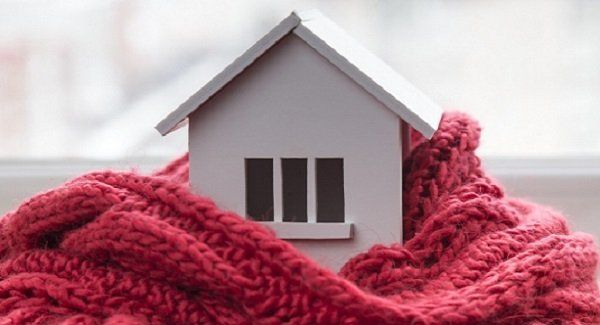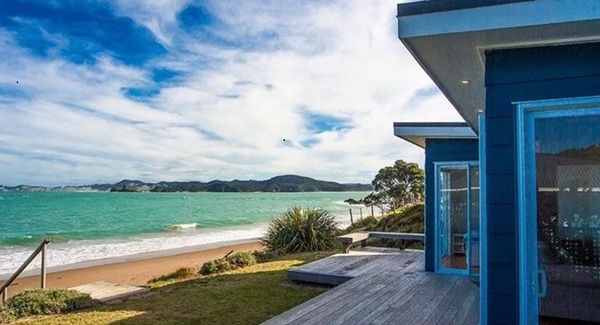How are costs for meeting the Healthy Homes Standards for residential rental properties claimed in my tax return?

Most residential rental property owners should be well aware of the Healthy Homes Standards which became law on 1 July 2019.
The healthy homes standards introduce specific and minimum standards for heating, insulation, ventilation, moisture and drainage, and draught stopping in rental properties.
Costs incurred in meeting these standards can be claimed in your tax return, as described below.
Costs of a revenue nature are generally deductible in the income year they are incurred, and these may include the costs of:
- Repairing items that would otherwise meet the standards if operational or in a reasonable condition
- Minor additions or alterations that do not change the character of the building, such as:
- some costs of meeting the draught-stopping standards
- making mechanical ventilation systems compliant
- installing battery-powered smoke alarms
- some costs of meeting the insulation standard and
- some costs of meeting the moisture ingress and drainage standard.
- Replacing items where they have previously been treated as part of the building; and
- Recordkeeping and providing information in tenancy agreements.
Capital costs will generally result in a deduction for a depreciation loss unless they are for something that is part of the residential rental building.
The cost of items that are part of the building are added to the building's cost and depreciated at the same rate as the building. Generally, this is zero percent. Items that are likely to be part of the building include:
- Wired-in or battery-powered smoke alarms
- Insulation
- Ducted or multi-unit heat pumps
- Flued fires (wood or gas)
- New or replacement openable windows
- New exterior doors
- Most extractor fans or rangehoods
- Ground moisture barriers
- Stormwater drainage, gutters and downpipes
- Underfloor vents.
Capital costs for some items acquired that are not part of the building will be either:
- Depreciated over multiple income years using a rate set out in Depreciation Determination DEPS0 for assets of that type; or
- Depreciated at a rate of 1000/o in the income year the expenditure is incurred if the item is a "low-value asset" (generally, where the cost is $500 or less).
Items able to be depreciated include:
- Electric panel heaters
- Some heat pumps
- Through-window extractor fans, window stays, door openers and stops, external door draught excluders and devices for blocking fireplaces or chimneys
For more information and advice on how costs for Healthy Homes compliance are claimed, please contact us.
Source: IRD







